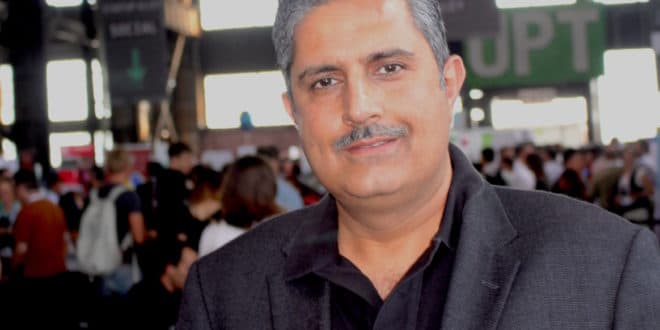By Eva Nean
The Internet of Things is now a fixture of the tech industry. China is the global leader with 74 Million M2M Connections (GSMA report). This year, France launched La Cité de l’Objet Connecté (the Center of Connected Objects), Europe’s biggest center dedicated to Internet of Things. The United Arab Emirate region has its own initiative: Smart Dubai, a project that aims to transform Dubai into the world smartest metropolis by 2017.
The Assembly, a new community-collaborative based in Dubai which brings stakeholders of smart communities together, is part of this initiative. Launched in May 2015 by Prashant K. Gulati, it is the 1st Smart Lab of its kind in the Middle Eastern metropolis. The Assembly is nested in the leading startup hub of the region, In5, and centers mainly around IoT, robotics and wearable devices.
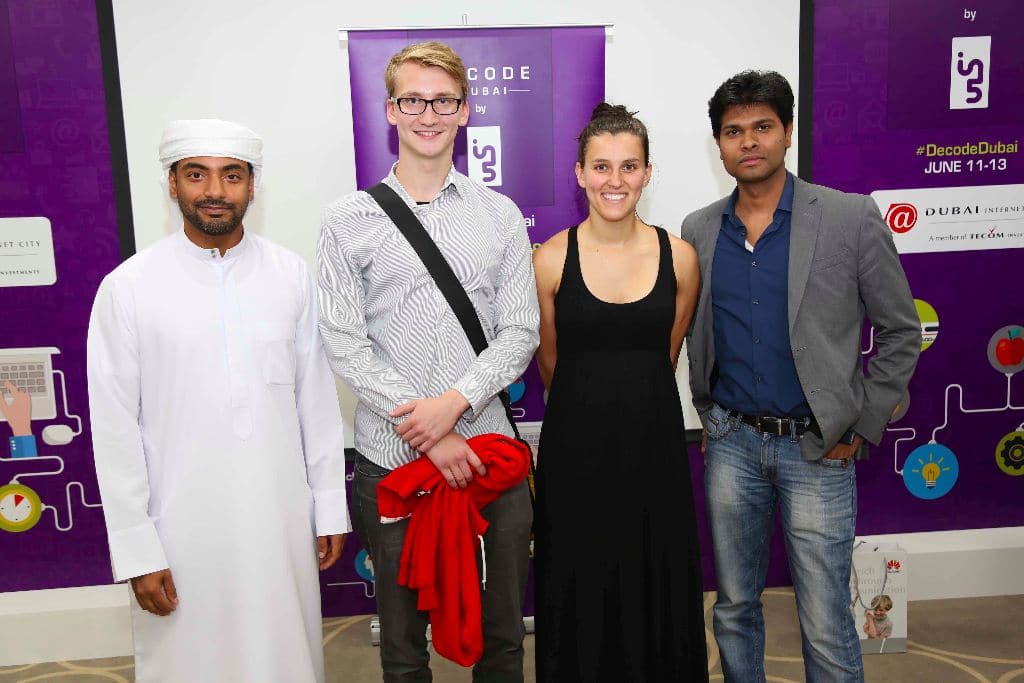
Prashant K. Gulati, commonly known as PK CEO and founder of the Assembly, is also the driving force behind the SmartStartFund, a VC firm which invests in early stage startups. A Serial entrepreneur, PK has been on the Board of The Indus Entrepreneurs network (Tie) for more than 20 years and he is now President of Tie Dubai.
Innovation is a constant for the serial entrepreneur. The Startup Alley of TC disrupt in San Francisco was thus the perfect venue to catch up and talk about the goals and challenges of The Assembly, the startup environment in the Middle East and tech diasporas.
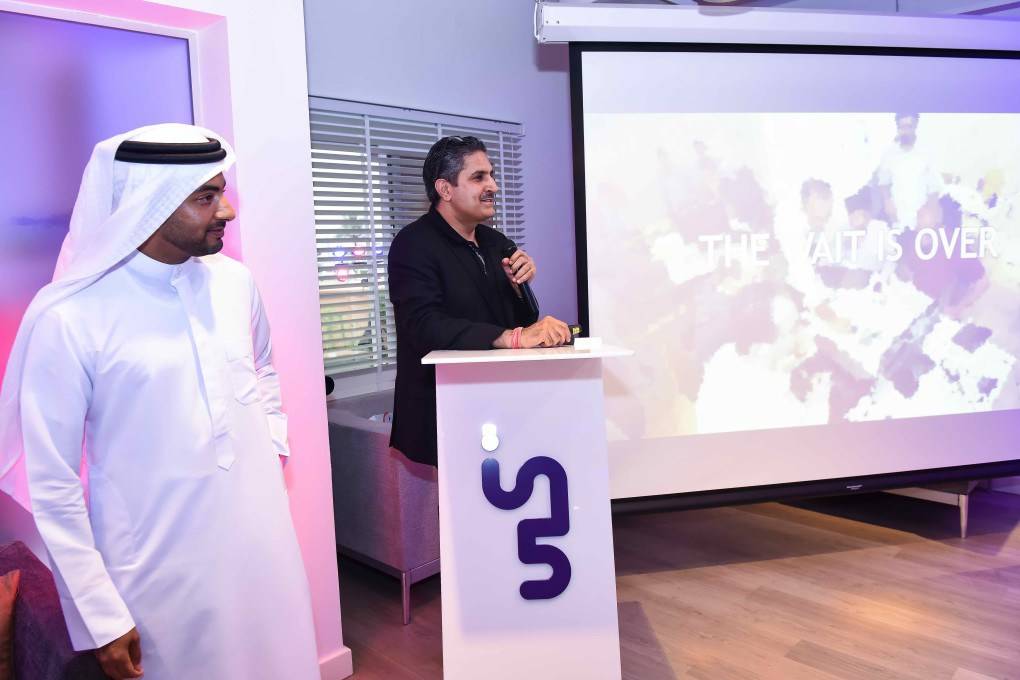
PK, tell us about The Assembly?
The assembly is a response to a problem I have witnessed in emerging markets. People who want to build things beyond plain software don’t have any place, location or support system to help them. Innovation today is coming across verticals. It is is in hardware, software and processes. With Kickstarter for instance, there is hardware innovation. On the other side if you start looking at companies like Uber, you will see a process innovation to make the business more efficient.
The problem we’ve seen is that while there is a lot of interest in diverse disciplines, people’s skills are in silos. They might know Java programming but their skills don’t go beyond that. They want to develop their skills and the only place they can do that is either in school or in a large company where labs and training programs are available. Most of us do not have this access. That is why we created the Assembly. Our defining motto is Make (build things), Smart (make them smart), things (for the Internet of Things).
What type of programs do you provide?
We provide different types of outreach. We co-created functional workshops, most of them with the help of the community. They are delivered by practitioners or the community themselves, not teachers. So it is not a class, it is functional and most of our workshops have a defined focus. At the end of the workshops the participants have built something. The sessions usually last between 4 to 6 hours and happen on Saturday when most people are free. They use it to add to their skills. We think that this model will be the next generation of incubators.
Innovation today is coming across verticals. It is is in hardware, software and processes. There is a tremendous diversity of things but no place to teach people.
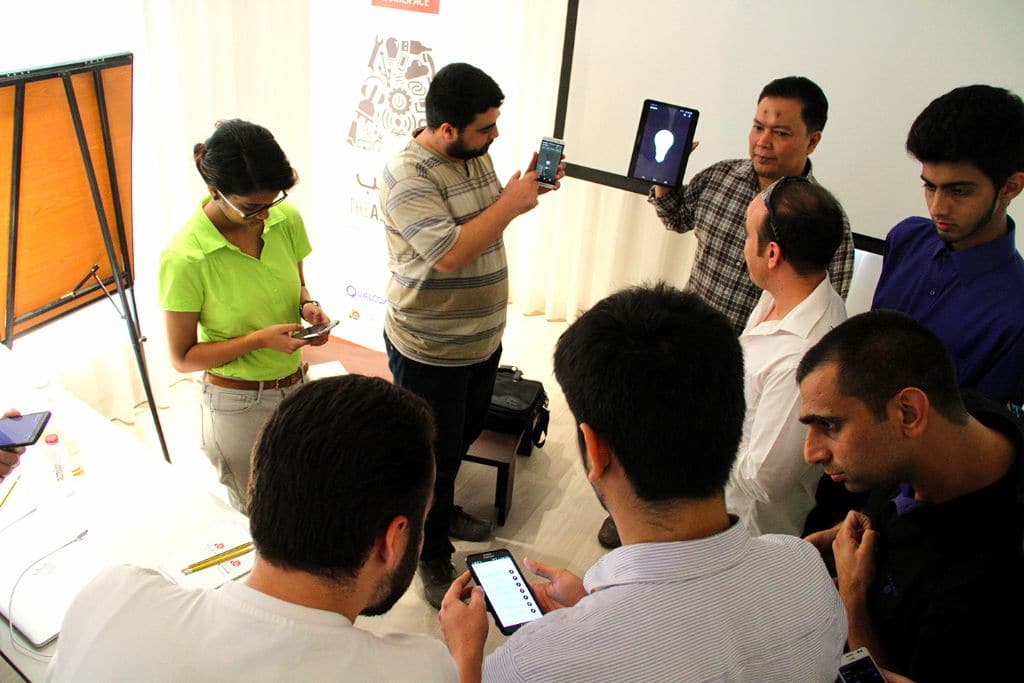
Can you talk a little bit about the startup environment in the Middle East and in Dubai in particular?
The Middle East has the advantage of having a young population. Because the environment is unstable in some countries, some talents migrate to more stable places like Dubai where there is a substantial and functional ecosystem. We see people from all over the world coming to Dubai and making it their base.
Can you tell me about the challenges of starting the Assembly?
The biggest challenge was trying to explain what we are trying to do. We found that conveying the mission of The Assembly was complex and difficult to explain quickly. That is the reason we came up with Make Smart Things. These 3 words actually help us convey the concept. The 2nd challenge was to convince the community to join. This was not as hard as I thought it would be because the community liked the concept and gave us a lot of support.
With a few changes and adaptations to the local ecosystem, we could replicate our program in Nairobi for instance. It can be build quickly and make a difference.
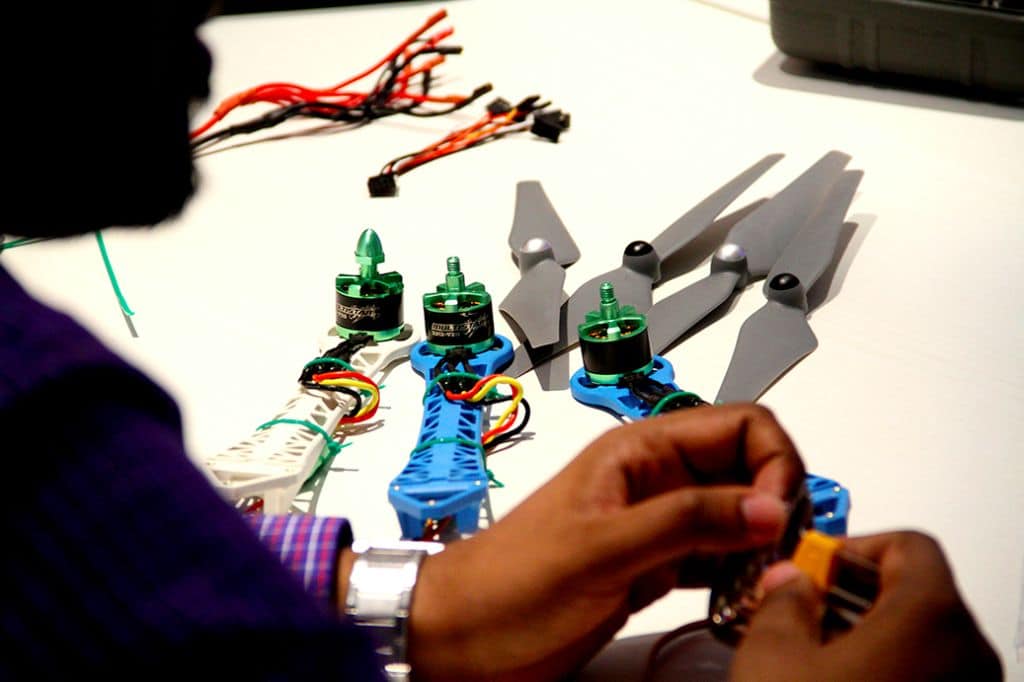
Where are you planning to expand?
From the beginning, we were trying to not be controlling of the model because we wanted it to go everywhere. All parts of the world need a similar program, so we worked towards building a replicable model. With a few changes and adaptations to the local ecosystem, we could replicate our program in Nairobi for instance. It can be built quickly and make a difference. We want it to be supported by local communities themselves, so mentors should be local. We are looking at some places in the Middle East and India now.
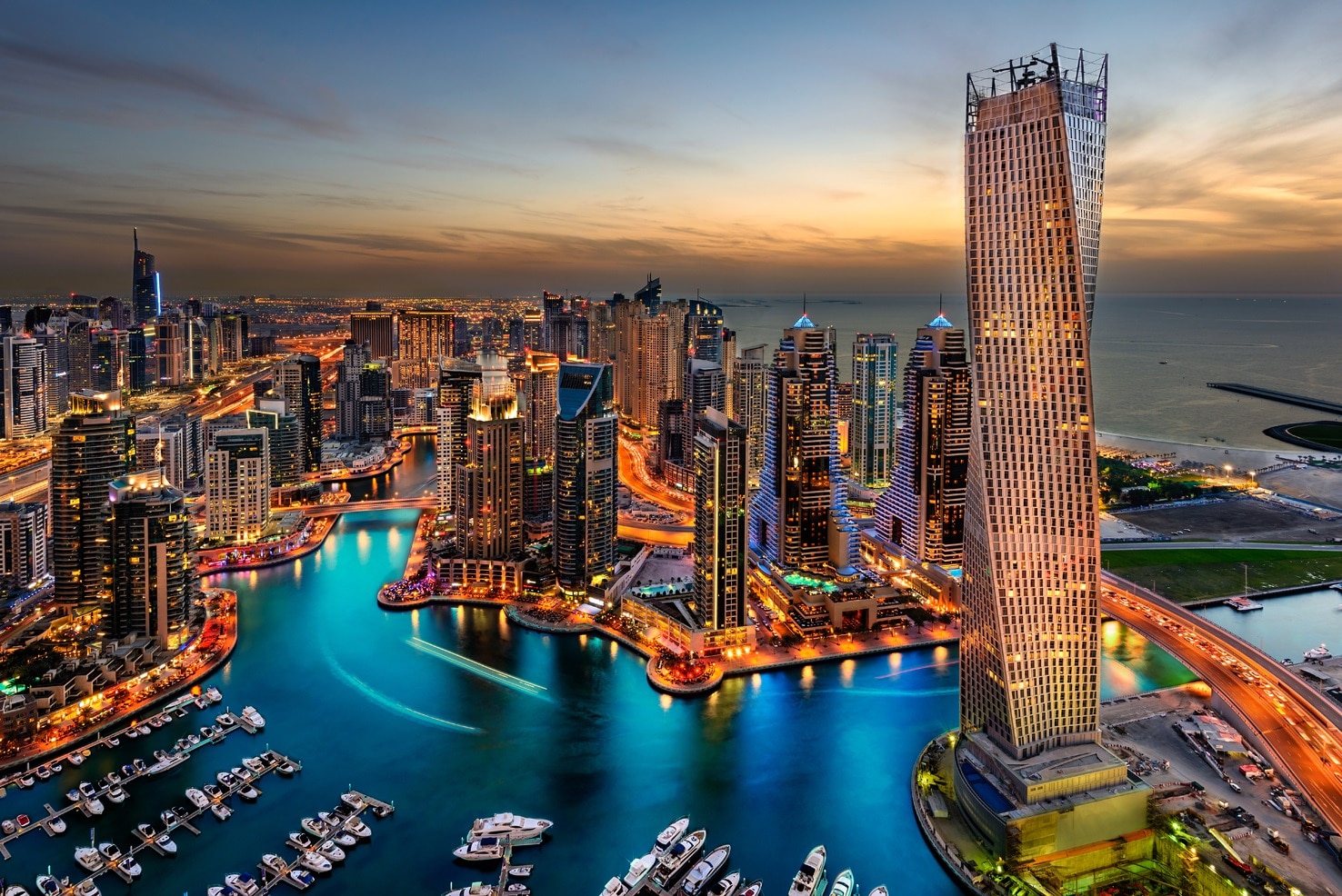
A word about the tech diaspora?
I am on the global board of Tie (The Indus Entrepreneurs). I’ve been part of Tie for more than 10-12 years now. I was one of the founders of the Middle East Chapter. The organization saw early on that the South Asian diaspora did not have enough mentoring and support, that’s how Tie was created. Today we have 69 chapters worldwide and we are in almost all continents except in Africa. We believe that this non profit model is applicable and replicable everywhere.
Anything else to add?
I think the time for Africa has come!
Photos Courtesy of The Assembly
 StartupBRICS Le Blog "Tank" des startups et de l'innovation dans les pays émergents
StartupBRICS Le Blog "Tank" des startups et de l'innovation dans les pays émergents
